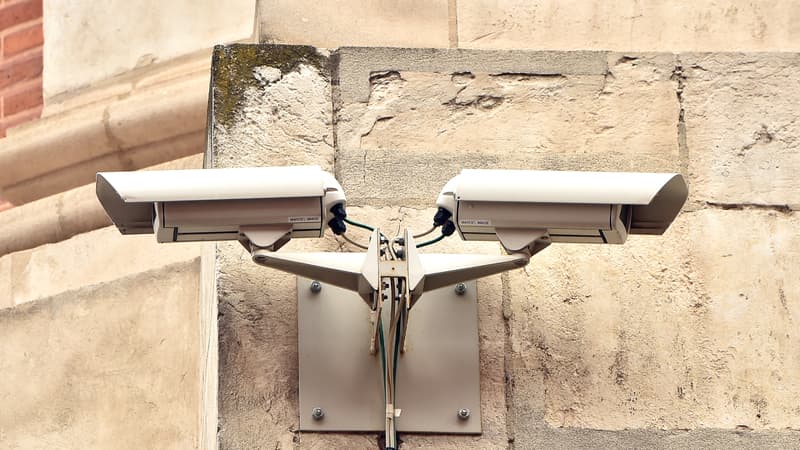There are exactly 494 days left for the National Commission for Informatics and Liberties (CNIL) to control the use of augmented cameras that will be used in the context of the 2024 Olympic Games. “This translates into the implementation of a series of actions that include support to public and private actors, but also to carry out controls”, explains the CNIL in a press release Posted on March 15.
These controls will allow the CNIL to “verify compliance with the legal framework for the use of these augmented cameras by public actors”, in particular by local authorities, it says. The CNIL usually carries out these controls following complaints, reports of data breaches or events in the news.
These augmented cameras work through an algorithm, based on artificial intelligence, that detects abnormal situations, such as crowd movements or suspicious behavior. This device, which does not identify the people filmed, is to be used during the 2024 Olympic Games, but also for the 2023 Rugby World Cup.
This system, which will also be used through cameras connected to drones, aims to help law enforcement to make decisions. During the Olympic Games, the surveillance system will be installed in sports stadiums and near the transportation that services these venues.
The use of facial recognition (which, unlike augmented cameras, is meant to identify the people being filmed) was ruled out by the Senate on January 24, and strongly opposed by the CNIL. Note that 74% of the French are in favor of “smart” cameras on public roads.
confidential files
The CNIL also establishes three other priorities for 2023. The monitoring of smartphone users through mobile applications is one of them. “Phone manufacturers provide application publishers with identifiers that allow user tracking for advertising, statistical or technical purposes” which “is often done without the information or consent of users”, warns the CNIL, which specifies that “several checks have already been carried out”.
The Commission will also examine the Banque de France’s personal credit incident file and check how banks access this file before granting credit. Finally, the CNIL will continue its controls on Yoaccess to the computerized medical record (DPI) by health establishments.
Source: BFM TV


